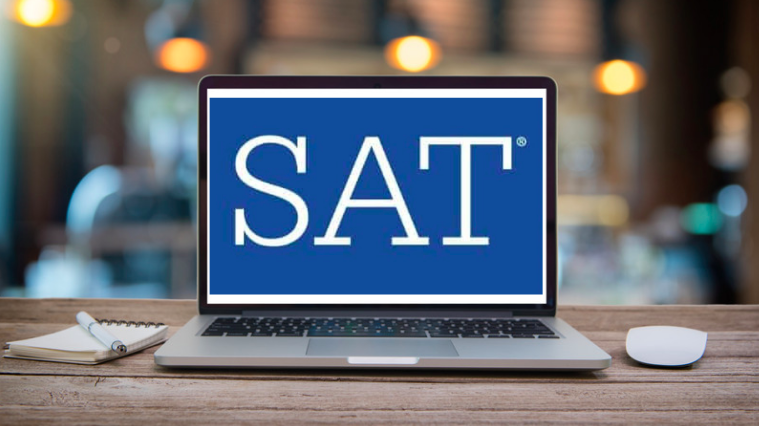What is a monopoly? Dictionary.com defines the term as “a market structure characterized by a single seller, selling a unique product in the market.” Now let’s ask the question: Is the College Board a monopoly?
The College Entrance Examination Board (referred to as the College Board) was founded at Columbia University in 1899 by twelve colleges and three high school preparatory schools, with the goal of establishing curricula within secondary schools that would better prepare students for college. The College Board has since morphed into a beast, with its tentacles intractably clutching most every aspect of the college pursuit. The College Board owns the Scholastic Aptitude Test (SAT), the Advanced Placement (AP) program, and the College Scholarship Service (CSS) Financial Aid Profile; and its membership association includes over 6,000 universities, colleges and educational programs.
While there is an alternative to the SAT, the American College Testing (ACT) test—which was founded by the organization with the same name in 1959 as an alternative to the SAT—there is no similar competition for the AP program or the CSS Financial Aid Profile. The International Baccalaureate (IB) program does offer courses similar to the AP program. Yet, according to US News and World Report, the IB program exists in approximately 900 U.S. high schools whereas the AP program exists in 22,800. As for the CSS Financial Aid Profile, there is no noteworthy competition. It is used by thousands of colleges and universities to determine eligibility for institutional aid programs, in conjunction with the U.S. Department of Education’s Free Application for Federal Student Aid (FAFSA).
It seems fair to say the College Board is the main player on the road leading to higher education. However, is a monopoly bad? Investopedia states that “monopolies can hurt consumers because they lead to inefficiencies, lack of innovation, and higher prices.”
In regard to inefficiencies, the College Board has had issues with SAT scoring and reporting errors in the past. In regard to lack of innovation, the SAT has been stagnantly structured until this past March when, for the first time, the test was offered digitally and in an adaptive format. Based on student feedback from this March test, this “innovation” was frustrating, non-standardized, and lacked transparency in scoring. But unless students choose to forgo the SAT or switch to the ACT, they will be stuck with the College Board’s digital SAT growing pains.
The final issue with monopolies is the most immediately obvious one: higher prices. But a monopoly obfuscates the problem of ascertaining what qualifies as a fair price when there is only one true player in the market. Are the 2024 registration fees of $60 for the SAT and $98 for an AP exam high? Does the administration of the CSS Financial Aid Profile (an aid application intended to help students pay for college) warrant its required fee?
Perhaps these costs are fair, given the College Board’s “not-for-profit” status. However, according to USA Today, the College Board paid its CEO a $2.5 million compensation package in 2020, and according to Forbes.com, the College Board had a $278 million surplus in 2021. The consumer rights organization, Americans for Educational Testing Reform (AETR), has criticized the College Board for excessive profits, huge compensation packages, unethical selling of test preparation materials, and direct lobbying of legislators and government officials. AETR seems to be onto something.
On February 13, 2024, the College Board was ordered to pay a $750,000 settlement to the New York State Attorney General’s office for illegally sharing and selling students’ personal data collected through its exams. Per the Attorney General’s office, between 2018 and 2022, the College Board received significant revenue from the licensing of student data and used the data to target students for its own marketing campaigns.
A monopoly is not inherently bad [Ed. Note—agree to disagree], but when a company has a complete market share, it often navigates without consumer interests guiding its behavior. Unlike a coffee shop that begins selling day-old coffee, students cannot simply walk down the street and find an alternative to the College Board. Unless a new player establishes itself in the college preparation market, students are stuck with the College Board, and the College Board’s game of higher education Monopoly is one that no student willingly plays.
